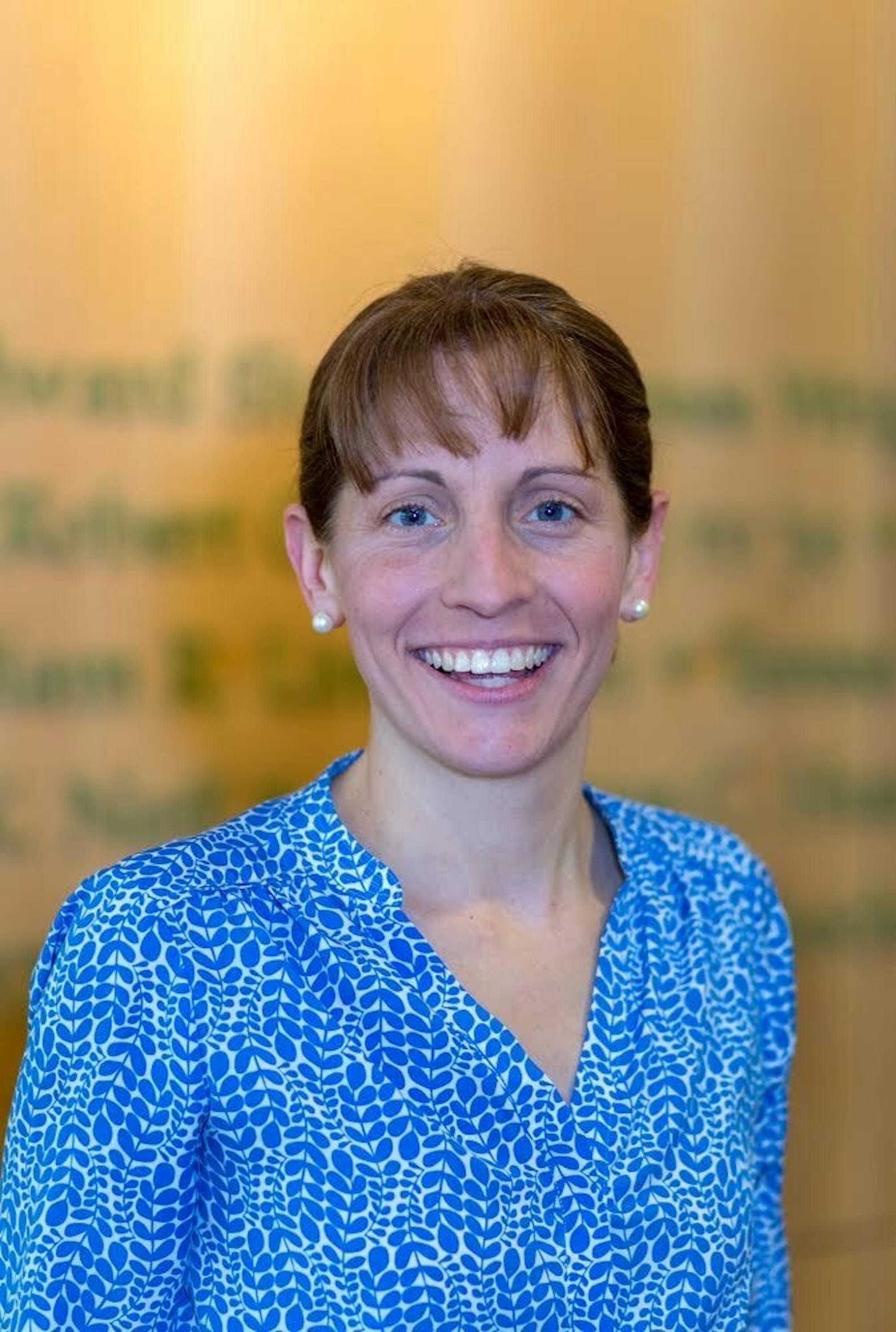Anne Sosin ’02 is the director of the Global Health Initiative Program at the Dickey Center for International Understanding at Dartmouth. She has experience leading global health and international development partnerships on both the local and international levels. The Dartmouth sat down with Sosin to learn more about the novel coronavirus, or COVID-19, and the impacts the virus may have on people in the United States.
What about coronavirus concerns you the most?
AS: I’m most concerned about how this epidemic will affect vulnerable populations, both in our country as well in low- and middle-income countries. We know there are significant questions of equity that arise in the conditions that influence disease as well as in the ability of systems and other settings to respond to them. We know that this disease is going to strain the capacity of health systems in this country, and we are currently worried about the capacity of our health system to respond to a high volume of severe cases of COVID-19. Such concerns are going to be heightened in countries with much weaker health systems.
Also, the epidemic is expanding rapidly. The mortality rate is estimated at two percent right now, but that number may change as more data becomes available. We also don’t know what will happen when the epidemic expands to settings with weaker health systems. I’m currently looking at a study from 12 sub-Saharan African countries that shows that only about 43 percent of these areas had uninterrupted access to oxygen, and many countries have a very limited supply of respirators. We can expect the mortality rate to be much higher in resource-constrained settings lacking the ability to provide supportive care to critically ill patients.
What factors contributed to the spread of coronavirus?
AS: Several factors can contribute to the emergence and spread of disease, including travel, migration, communication, commerce and any contact across the globe. The other thing we are seeing is that climate change is also contributing to the emergence and spread of novel infectious diseases, including Ebola and the coronavirus.
What should governments do to protect citizens in the face of outbreaks like the novel coronavirus?
AS: I would say the first thing governments should do is to prepare for epidemics. We’ve known for a very long time that we would face a global pandemic, so the first step in response is preparedness. There are many steps governments can take first to contain infectious diseases, such as investing in public health infrastructure. However, when it’s not possible to contain them, governments must then turn to mitigate their impacts.
What are common procedures that are put into place for controlling diseases in areas where there is increased human contact, such as college campuses?
AS: Public health officials, as well as institutions, will likely institute social-distancing measures, and those measures might include quarantines. They also might consist of other measures to restrict mass gatherings, public events and other activities that bring large numbers of people together. As this epidemic unfolds, we may see some of these restrictions placed on a wide range of activities.
What do you think is going to happen in the future, in light of similar outbreaks like the bird flu or Ebola?
AS: I think policy measures really determine how the epidemic plays out. When the right policy measures are taken, it’s sometimes possible to contain and mitigate the impacts of epidemics, so we need our best minds and the best policies to respond to this epidemic.
Good policy measures may include the imposition of quarantines. One thing that is especially important in epidemics is contact-tracing for all persons who are identified to have the disease. Another thing that I really want to emphasize is that good public health does not necessarily mean that human rights or civil rights need to be compromised. Sometimes, when human rights are violated in response to an epidemic, it drives people underground and can really impede disease control measures.
One thing I do want to comment on a little bit more is that diseases or epidemics have what Dr. Paul Farmer calls a preferential option for the poor. We can expect the most vulnerable populations here in the U.S. and globally to be most affected by this epidemic. So, as we think about it on this campus and in this country, we should be mindful of how this will play out and what populations will bear the burden of it.
What is the public perception of coronavirus, and are people taking the matter too seriously or lightly?
AS: I think there is a great deal of fear, in part because we are still learning about this disease. Coronavirus has an estimated two percent mortality rate, and that has the potential to cause significant death and illness at population level, so we need to be taking it seriously.
This interview has been edited and condensed for clarity and length.




